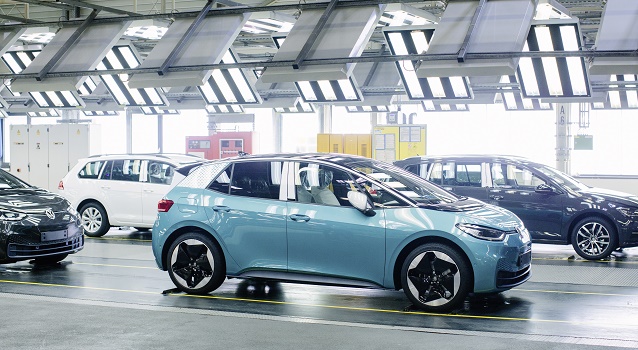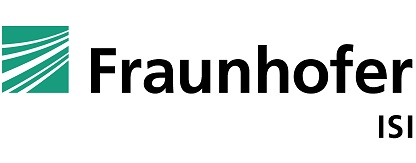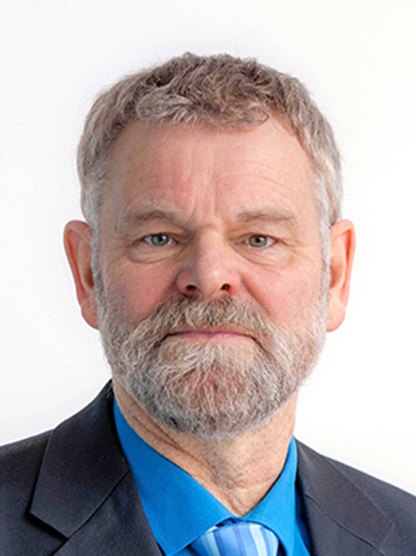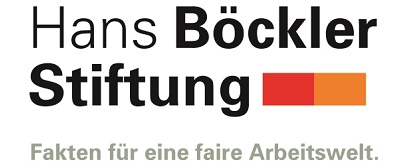Structural change in the automotive industry
How will the automotive industry change as a result of globalisation, digitisation and climate protection. And what strategic options do the players have for a structural policy aimed at sustainability?
Globalisation, digitisation and the need for more environmental and climate protection are developing the power to change consumption patterns, accelerate technological change and fundamentally reshape established value chains.
The project aimed to examine the interaction of these three drivers of change from the perspective of the automotive industry.
How is the automotive industry changing?
In doing so, we examined the effects of the expected structural change on value chains, corporate strategies, competitiveness and jobs.
In addition to analyses of the course and effects of the transformation processes, we looked at the strategic scope for companies, unions and the federal government.
The German automotive industry was recommended for such an analysis for two reasons. Firstly, because of its high economic importance. Secondly, because the factors mentioned have already led to noticeable changes. For example, the need for more environmental and climate protection is driving the move away from the combustion engine and towards electric mobility.
Identify possible courses of action at an early stage
The aim of the project was to identify possible options for action at an early stage in view of the emerging disruptive changes. The aim was to enable the necessary adaptation processes to be initiated in good time at the company, sectoral and macroeconomic levels. The results of the project can be used by trade unions, the Federal Government and companies for their work.
Automotive industry strongly in movement
It could be stated that the automotive industry is strongly in motion. Currently, the challenges and dynamics are adding up: climate change, digitization and geopolitical upheavals in the supply chains require companies, unions and politicians to make decisions under great time pressure. Now that the electric car has finally established itself, the challenge is to transform production and supply chains as quickly as possible. In addition, the industry must deal with new competitors – including China – and increasing car imports to Europe. Uncertainties arise from autonomous driving and related new business models. There is much speculation about both, but the time of widespread introduction remains unclear.
Entrepreneurial spirit is needed
Companies are required to act in an entrepreneurial manner, to initiate far-sighted, even risky projects and to initiate major investments. Where the goal is comparatively clear, this can be achieved with good management, e.g. in the question of electrification. Where the technologies are not yet fully developed and the interests of the clientele are still unclear, this requires a very high level of entrepreneurial spirit. The automotive industry faces the challenge of daring to experiment, the outcome of which is still unclear.
Showing direction through clear rules
On some issues, policymakers must set the direction of change through clear rules. If it follows the ideal of technology openness, this could lead to competing technologies being promoted in parallel. Considerable sums would possibly flow into technologies without a future.
At the same time, politics is required to support the necessary efforts of the industry and to make the rapid implementation of large projects possible by significantly accelerating approval procedures.
Secure jobs first require future-proof, digital and climate-friendly products. To this end, many of the products and production facilities that have been common up to now are currently being adapted to the new challenges. It is important that trade unions play an active and central role in this transformation process in order to constructively contribute their interests in securing jobs.



